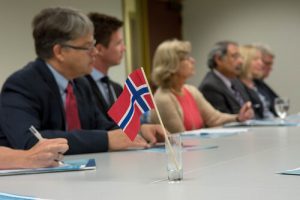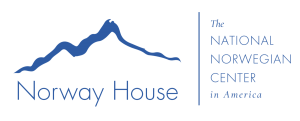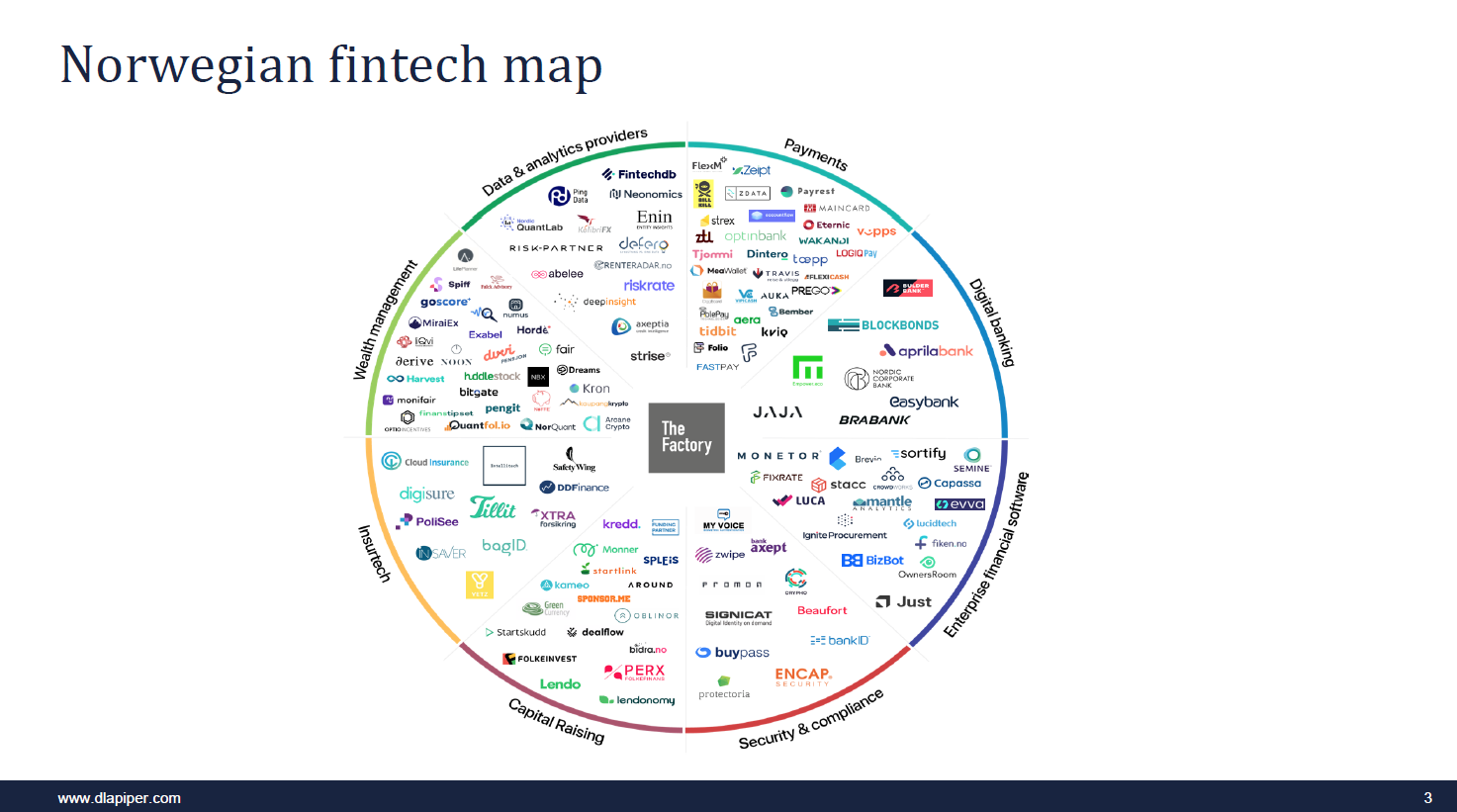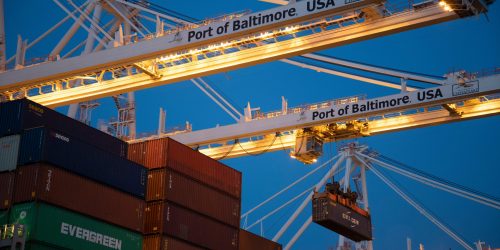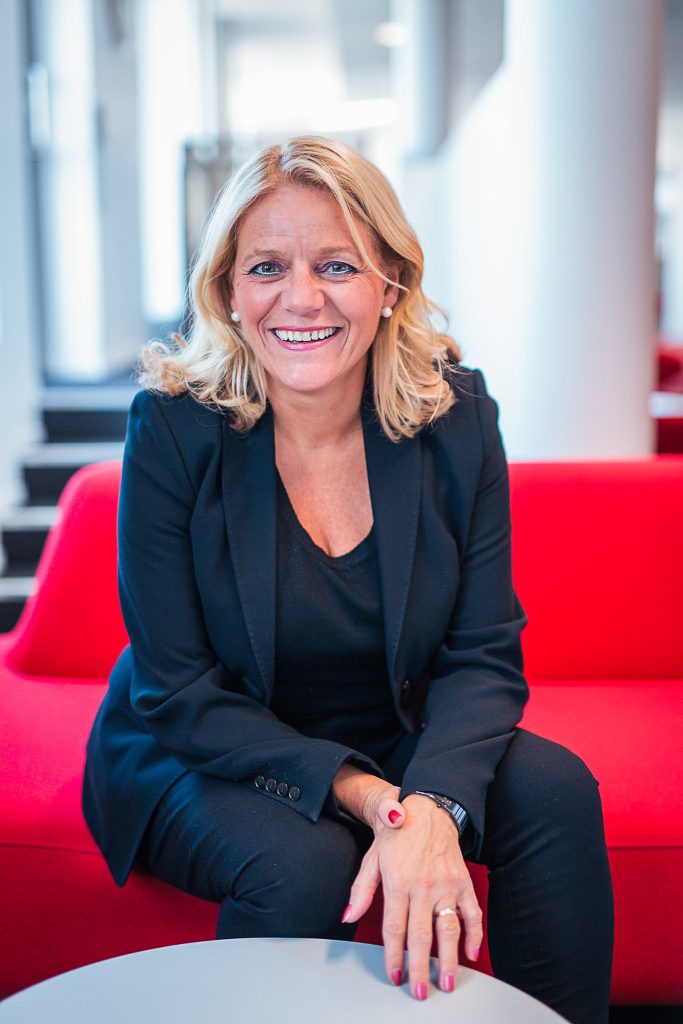All posts by admin
Reuters: Microsoft in deal with Equinor for Norway CO2 storage project
Microsoft Corp has signed a memorandum of understanding with Norway’s Microsoft Corp has signed a memorandum of understanding with Norway’s Equinor to explore the use of a carbon dioxide storage facility as the tech firm seeks to erase its carbon footprint, it said on Wednesday.
The world’s largest software company pledged in January to remove enough CO2 by 2050 to account for all its emissions since its founding in 1975, and to invest $1 billion in a carbon removal technology.
Microsoft will become a technology partner in the Northern Lights project, part of a wider Norwegian effort to develop carbon capture technology at industrial sites and store CO2 under the seabed, Equinor said at a news conference in Oslo.
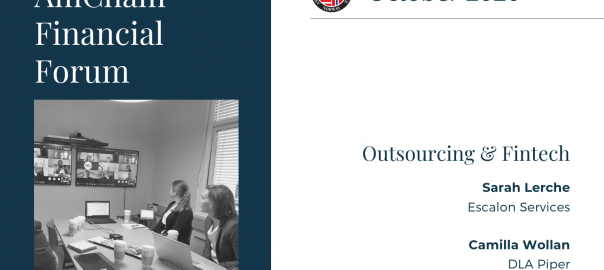
AmCham Financial Forum – Outsourcing & Fintech
Bloomberg: Norway Oil Strike to End After Mediation; Crude Extends Drop
A strike that shut down about 8% of Norway’s oil and gas output will end after successful mediation talks, said Norwegian Oil and Gas Association spokesman Kolbjorn Andreassen.
The settlement will restore production at six fields already shut down by the dispute and prevent an escalation to another six over the weekend. Those facilities pump about 130,000 barrels of crude oil and 43 million cubic meters of gas a day. It also averts the shutdown next week of Norway’s largest oil field, the 460,000 barrel-a-day Johan Sverdrup facility.
OffshoreTechnology: Aker Solutions secures work at ConocoPhillips-operated North Sea fields
Norwegian engineering and contracting firm Aker Solutions has secured a three-year contract extension for maintenance and modifications work from American multinational energy company ConocoPhillips.
Norwegian engineering and contracting firm Aker Solutions has secured a three-year contract extension for maintenance and modifications work from American multinational energy company ConocoPhillips.
The contract extension is to an existing framework agreement for work at North Sea fields operated by ConocoPhillips.
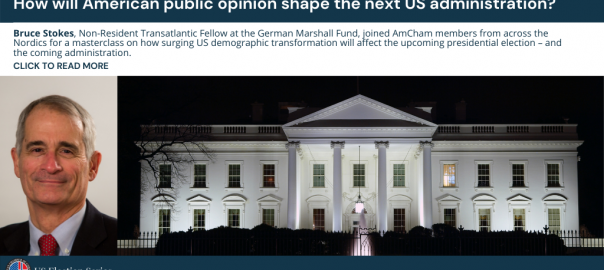
How American Public Opinion Will Shape the Next US Administration with the German Marshall Fund’s Bruce Stokes
Pressemelding: Regjeringen lanserer eksporthandlingsplan
Regjeringen lanserer i dag eksporthandlingsplanen “For og med norsk næringsliv”.
Les eksporthandlingsplanen her.
For å bygge et sterkere samarbeid med næringslivet, vil regjeringen samle kompetanse i en ny enhet for eksportfremme som går under arbeidsnavnet Business Norway.
– Eksportbedriftene skaper arbeidsplasser og verdiskaping i Norge. Nå er de inne i en krevende periode, og vi vil gjøre det vi kan for at de kan fortsette med dette under og etter koronakrisen, sier næringsminister Iselin Nybø.
Det vil oppnevnes et midlertidig eksportpanel bestående av næringslivsrepresentanter som skal å gi råd og innspill til arbeidet med Business Norway. Utgangspunktet er å samle kompetanse fra relevante aktører og skape et tettere samarbeid mellom de offentlige virkemiddelaktørene og næringslivet.
Eksporthandlingsplanen skal bidra til gode rammebetingelser for næringslivet, både i Norge og på verdensmarkedene.
– God og forutsigbar markedsadgang ligger til grunn for alt vi ønsker å få til på eksportområdet. Vi er avhengige av et velfungerende internasjonalt handelsregelverk gjennom WTO, og tilgang til det europeiske markedet gjennom EØS-avtalen, sier utenriksminister Ine Eriksen Søreide.
Fakta om handlingsplanen
- Handlingsplanen bygger på regjeringens eksportstrategi fra 2017. Som følge av at situasjonen for norsk næringsliv har endret seg, blant annet som følge av koronakrisen, er det behov for nye tiltak.
- Tiltakene i handlingsplanen skal bidra til at flere konkurransedyktige næringer skal eksportere varer og tjenester som etterspørres i verdensmarkedene. Målet er økt verdiskaping i Norge og at norsk eksport skal bidra til å bygge opp norsk næringsliv etter koronakrisen.
- Handlingsplanen omhandler tema som den overordnede handelspolitiske situasjonen, den globale økonomiske krisen skapt av koronapandemien og konkurransesituasjonen for norske selskaper i utlandet.
Tiltak i handlingsplanen
- Styrke arbeidet med eksportfremme
- Styrke klyngeprogrammet
- Styrke arbeidet med å fremme kultureksport
- Invitere næringslivet til et tettere samarbeid om eksportfremme gjennom en ny eksportfremmeenhet, Business Norway
- Videreføre regjeringens handelspolitikk gjennom EØS- og WTO-samarbeidet og inngå frihandelsavtaler med prioriterte land.
Fakta om norsk eksport
- Samlet norsk eksport var på 1 311 mrd. kroner i 2019. I 2014 var eksporten i alt på 1 225 mrd. kroner. I perioden 2014 – 2019 har eksporten i alt økt med 87 mrd. kroner (7,1 pst).
- Norsk eksport inkluderer salg av varer, tjenester, råolje og naturgass, samt skip.
- Tall fra SSB viser at omkring 80 prosent av vareeksporten og halvparten av tjenesteeksporten vår går til EU.
- Utenfor Europa går rundt 10 prosent av den samlede eksporten vår til Asia, mens nær 6 prosent går til Nord- og Mellom-Amerika. Litt under 2 prosent av eksporten går til Afrika, mens eksporten til Sør-Amerika ligger i underkant av 1 prosent.
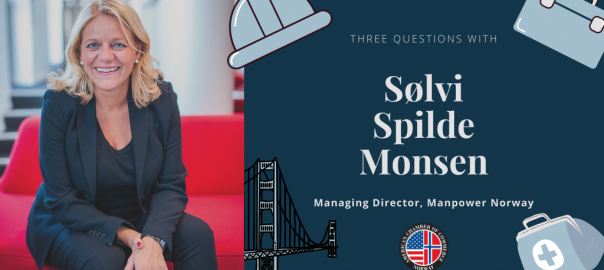
Three Questions with Sølvi Spilde Monsen
World Oil: Norway kicks off construction of world’s largest floating offshore wind farm
Prime Minister Erna Solberg and Kværner apprentice Arne Linga started construction of Hywind Tampen, a floating offshore wind farm, at Kværner Stord. The technology project opens up new opportunities for Norwegian industry. Prime Minister Solberg and Linga started the cutting robot on the project’s first sheet of steel on Thursday, 1 October. Kværner’s assignment will include building 11 floating concrete hulls for the turbines on Hywind Tampen.
“Hywind Tampen is a new chapter in Norway’s narrative as an energy nation. With support from the Norwegian authorities, we’re not only building Norway’s first offshore wind project; we’re refining floating offshore wind technology along with the Norwegian supplier industry,” says Equinor president and CEO Eldar Sætre.
Bloomberg: CEO of Norway’s Wealth Fund Has Too Much Cash for Banks
Norway’s banks can’t absorb the hundreds of millions of dollars in cash that the new CEO of the country’s wealth fund needs to deposit as part of an agreement he struck to allow him to take on the role.
Nicolai Tangen, who started running the world’s biggest sovereign investor last month, agreed to liquidate his personal fund investments and place the proceeds in bank deposits as part of his contract. The intention was to ensure that the former hedge fund manager wasn’t exposed to any conflicts of interest through his holdings.
Tangen’s bank deposits represent almost 8 billion kroner ($862 million), the Oslo-based wealth fund said on Thursday.

